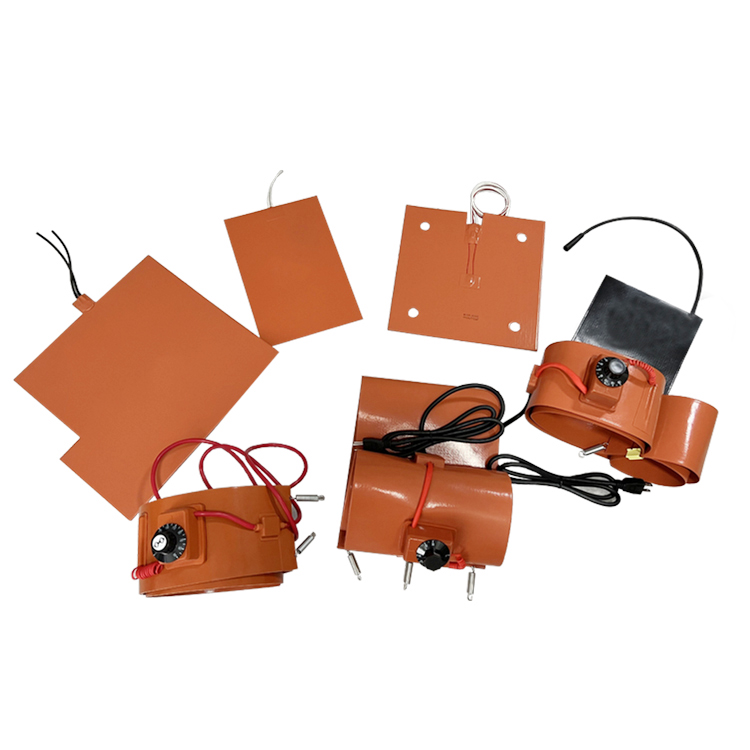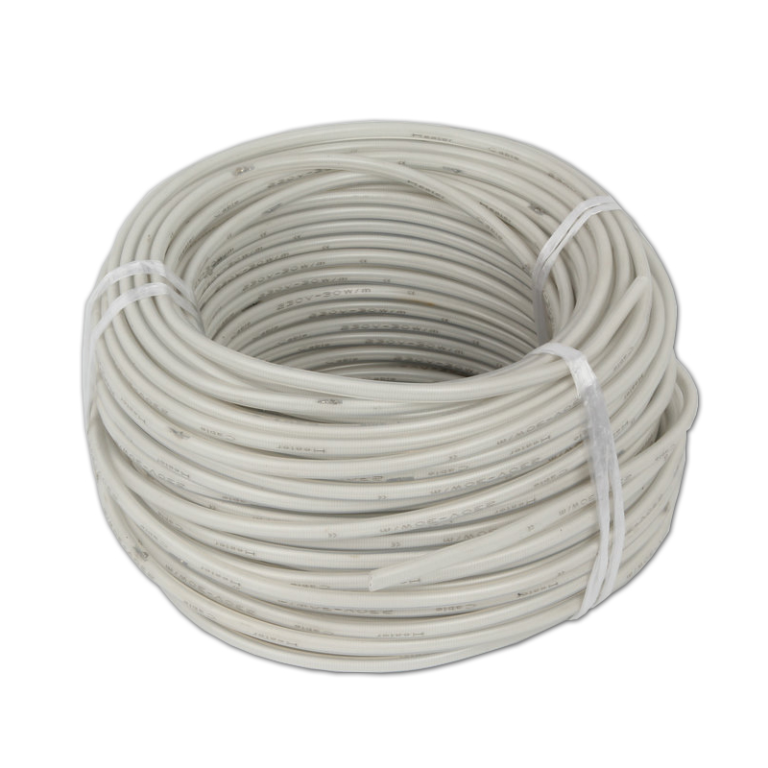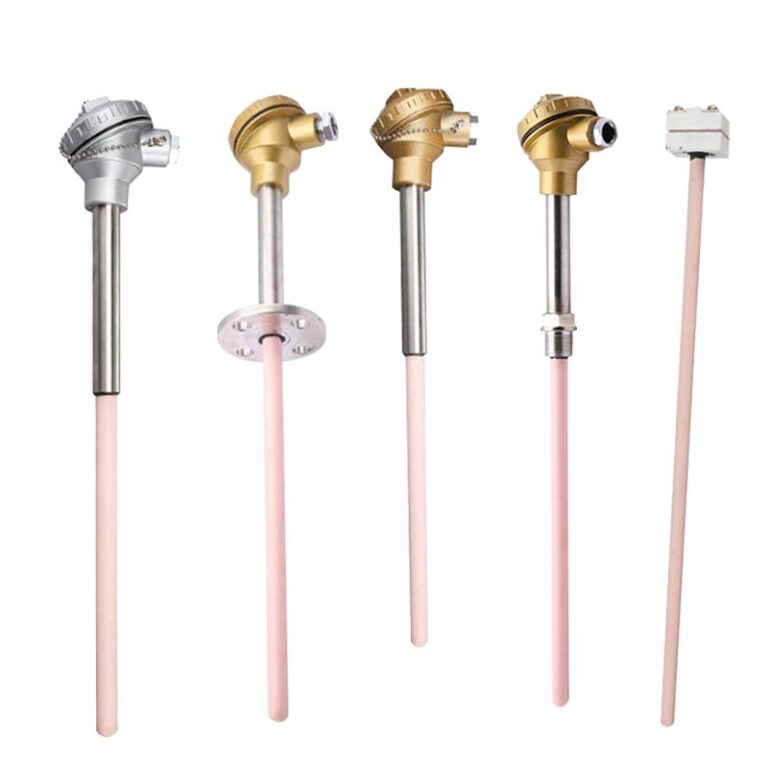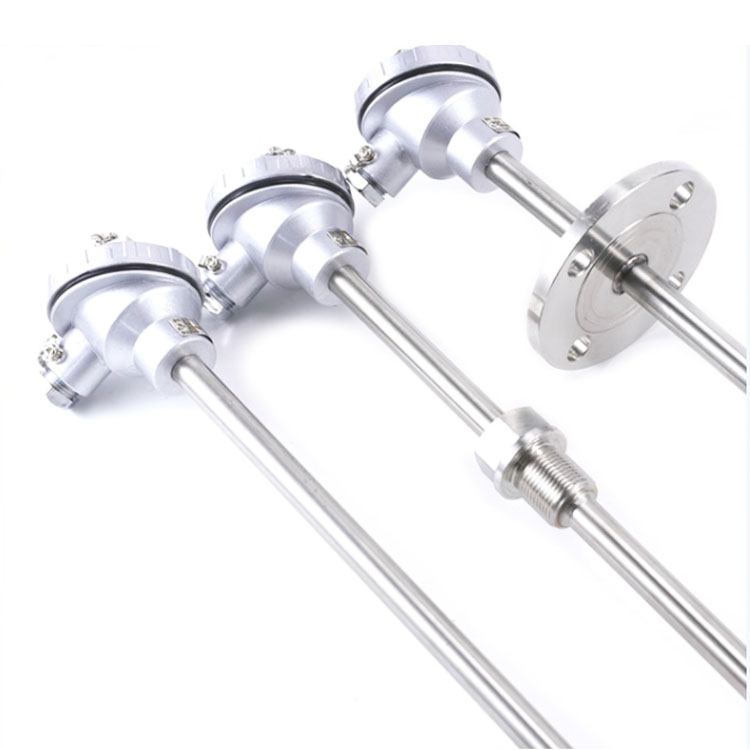In the ever-evolving oil and gas sector, effective management and processing of natural resources are crucial. Today, we delve into the realm of water bath heaters, essential machinery in this industry that ensures the safe, effektiv, and environmentally responsible handling of natural gas.
This blog will explore the significance of water bath heaters, detailing their features, benefits, and why they are preferred over direct heating techniques. Get ready to discover how this technology is revolutionizing the oil and gas industry!
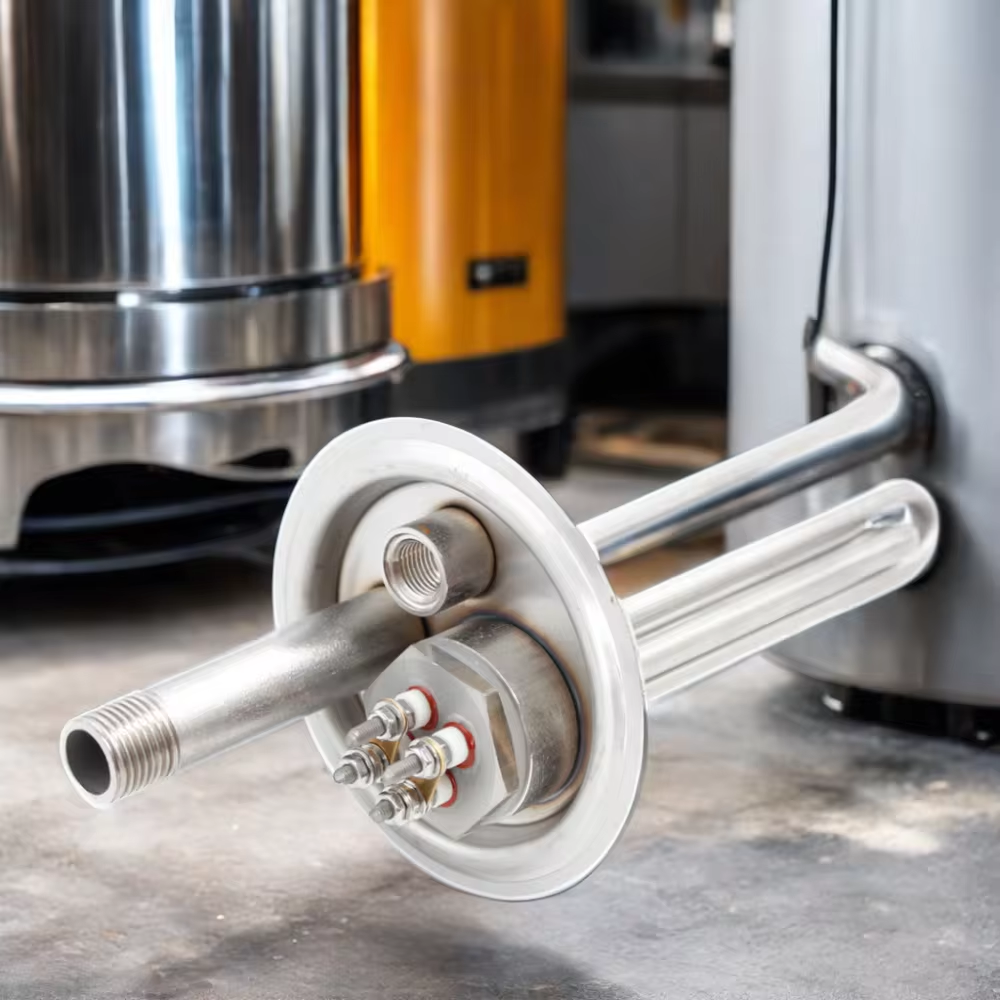
Understanding the Role of Water Bath Heaters in Oil and Gas Operations
Water bath heaters are integral to oil and gas companies, primarily used for heating natural gas. They are employed at various stages of production, from extraction to distribution and transportation. These heaters increase the temperature of natural gas to facilitate processes such as conditioning, dehydration, and separation.

How Do Water Bath Heaters Heat Natural Gas?
Here’s a detailed description of how natural gas is typically heated using a water bath heater:
- Fueling Up: Depending on the conditions, pre-treated or room-temperature natural gas is introduced into the system. The gas travels through a robust, heat-resistant stainless steel coil or tube, which is immersed in a hot water or glycol solution.
- Accurate Temperature Control: Sensitive sensors maintain the bath at the optimal temperature for the gas passing through. This ensures the gas is neither too hot nor too cold for subsequent processes.
- Heat Exchange: As the gas flows through the coils, it is heated by the surrounding bath, ensuring uniform temperature rise.
- Outlet System: Once the gas reaches the desired temperature, it exits the system and proceeds to the next stage, which might involve purification, moisture removal, or the elimination of unwanted components.
- Prioritizing Safety: Like other well-designed equipment, water bath heaters include safety features to prevent issues. These features include temperature alarms, flame detectors, pressure relief valves, and automatic shut-off switches to ensure efficient and safe operation.

Key Features of Water Bath Heaters
Water bath heaters are designed to withstand the harsh conditions of the oil and gas industry. Their standout features include:
- Varaktighet: Made from resilient materials like carbon or stainless steel, these heaters can withstand high pressure and are resistant to corrosion.
- Optimal Temperature Control: Modern temperature controls allow operators to set the perfect heat level for specific operations, ensuring productivity and safety.
- Energy Efficiency: Water bath heaters efficiently transfer heat to the gas, reducing energy costs and waste.
- Versatility: These heaters can be customized to meet various flow rate and temperature requirements, making them highly adaptable.
Advantages of Using Water Bath Heaters
Water bath heaters offer several advantages over other heating methods:
- Uniform Heating: They distribute heat evenly across the gas stream, reducing localized overheating and maintaining consistent product quality.
- Enhanced Safety: By using enclosed systems and indirect heat transfer, water bath heaters provide greater safety compared to direct heating methods involving open flames or electric heaters.
- Reduced Fouling: Immersing gas coils in a heated liquid reduces the risk of fouling from contaminants or impurities in the gas stream, extending the equipment’s lifespan and reducing maintenance needs.
- Environmental Compliance: Water bath heaters emit fewer pollutants than combustion-based heating systems, making them a more environmentally friendly option.
Why Choose Water Bath Heaters Over Direct Heating Techniques?
There are strong arguments for choosing water bath heaters over direct heating techniques:
- Safety: Direct heating methods, such as open flames, pose inherent safety risks like gas leaks or fires. Water bath heaters use enclosed systems and indirect heat transfer, offering a safer alternative.
- Operational Efficiency: Water bath heaters distribute heat more efficiently than direct heating, reducing energy consumption and operational costs.
- Product Quality: The uniform heating provided by water bath heaters eliminates the risk of thermal degradation or uneven treatment, ensuring consistent product quality.
- Environmental Impact: Direct heating systems often involve burning fossil fuels, which emit pollutants such as carbon dioxide and nitrogen oxides. Water bath heaters minimize environmental impact through indirect heat transfer and reduced emissions.
Burner Protection Signals in Water Bath Heaters
To ensure the safe and reliable operation of water bath heaters, burner protection signals are essential. Typical burner safety indicators include:
- Flame Detectors: Sensors detect the presence of flames within the burner. If the flame goes out, the heater shuts off immediately to prevent hazardous conditions or gas leakage.
- Temperature Sensors: These sensors monitor the fluid temperature and trigger an alarm if it becomes excessively high, alerting operators to potential overheating issues.
- Pressure Sensors: These track gas pressure, and if it drops too low, the system shuts down to protect the equipment and prevent operational disruptions.
- Pressure Relief Valves: These valves prevent internal pressure buildup, reducing the risk of malfunctions and maintaining system integrity.
Water bath heaters are vital to the oil and gas industry, efficiently heating natural gas while prioritizing safety and environmental responsibility. They exemplify how the industry embraces innovation and sustainability to manage natural resources effectively.
Explore how water bath heaters can help your operations achieve environmental, economic, and production goals. Contact us to find out which products best suit your needs and how we can customize them for your application.

